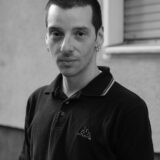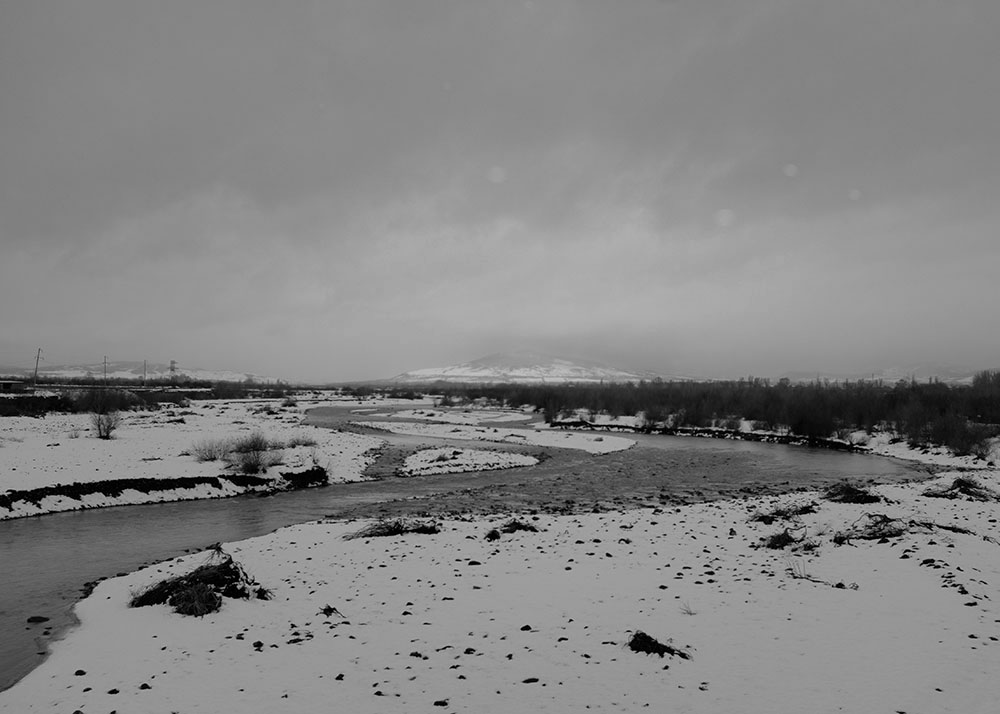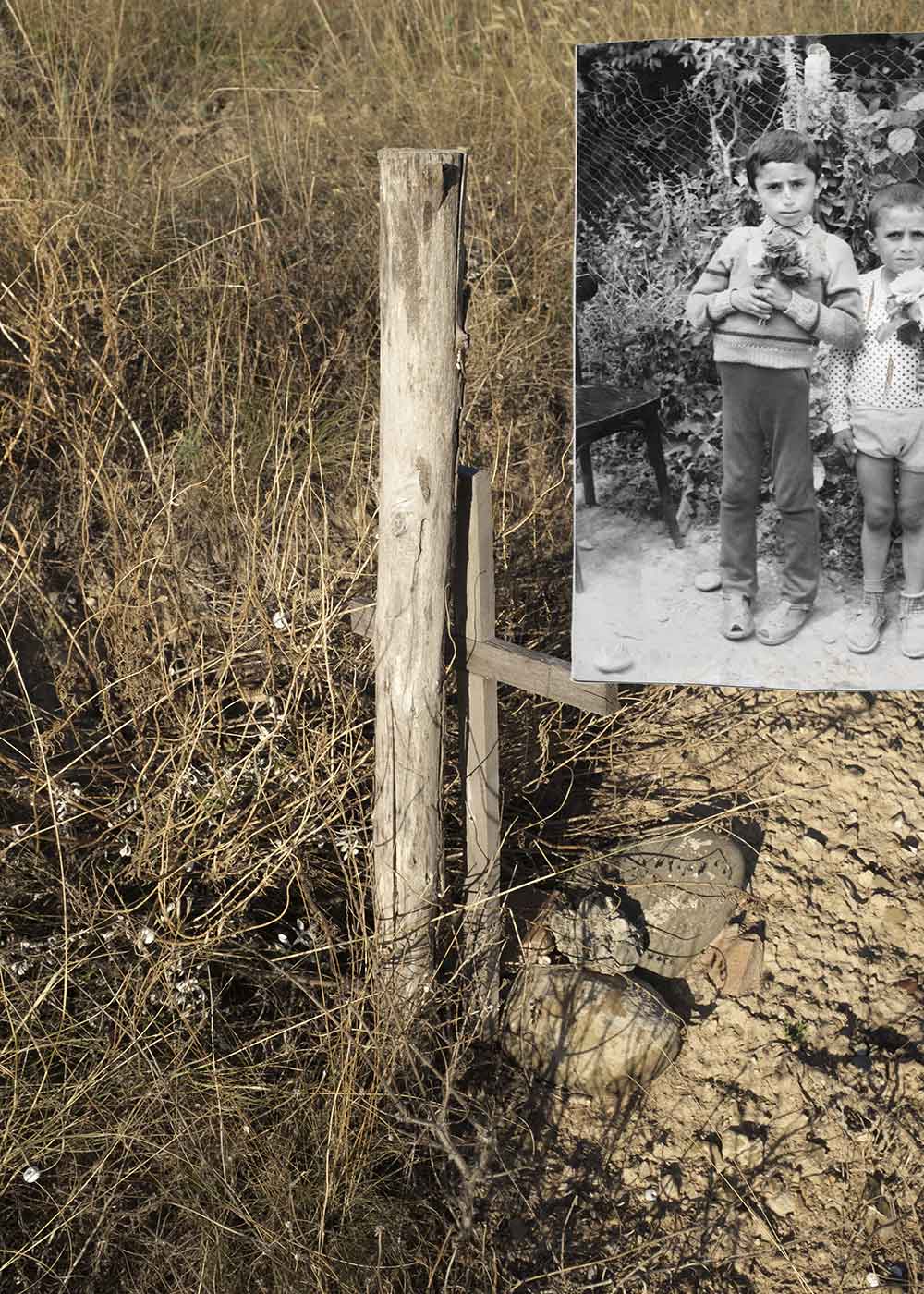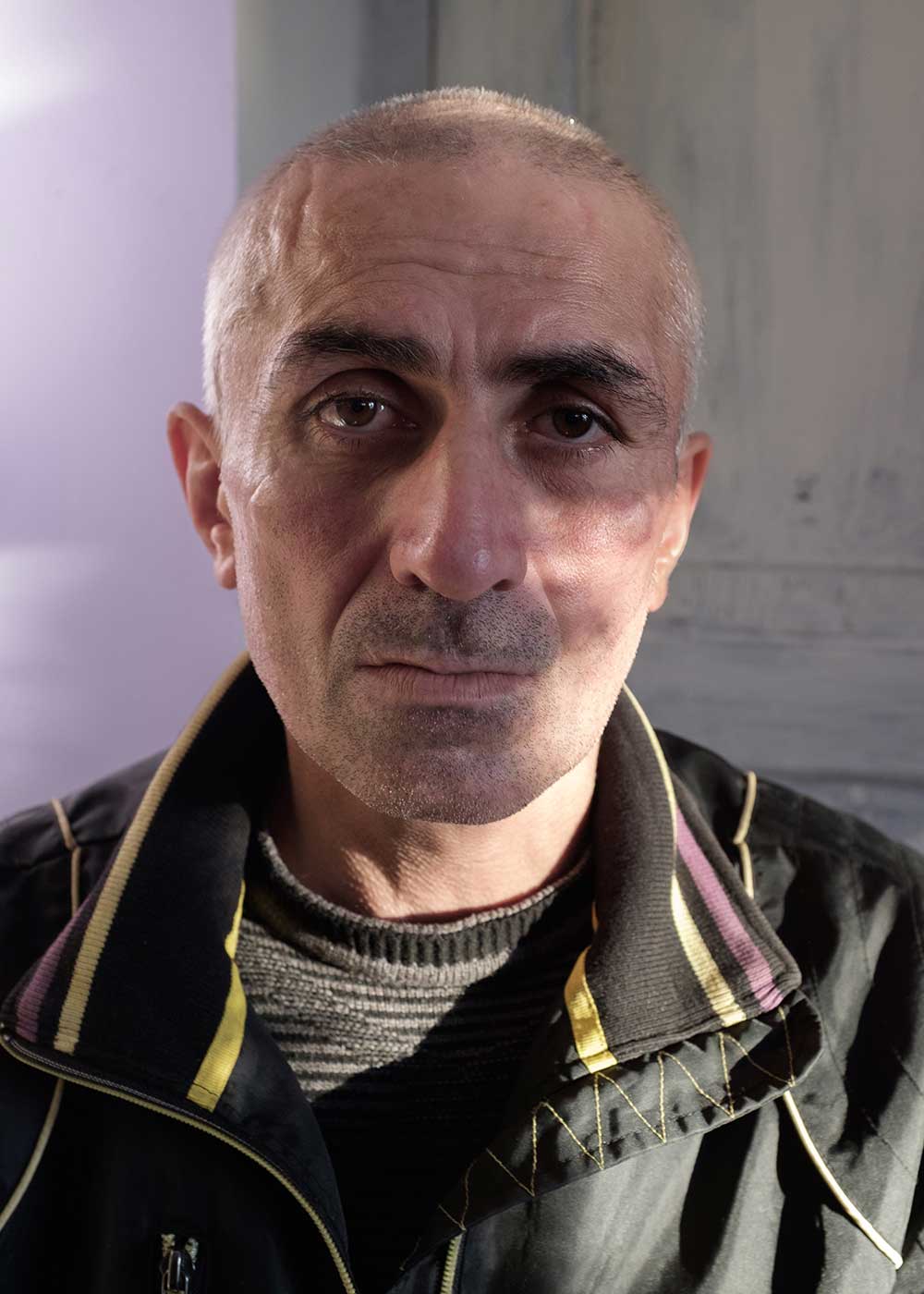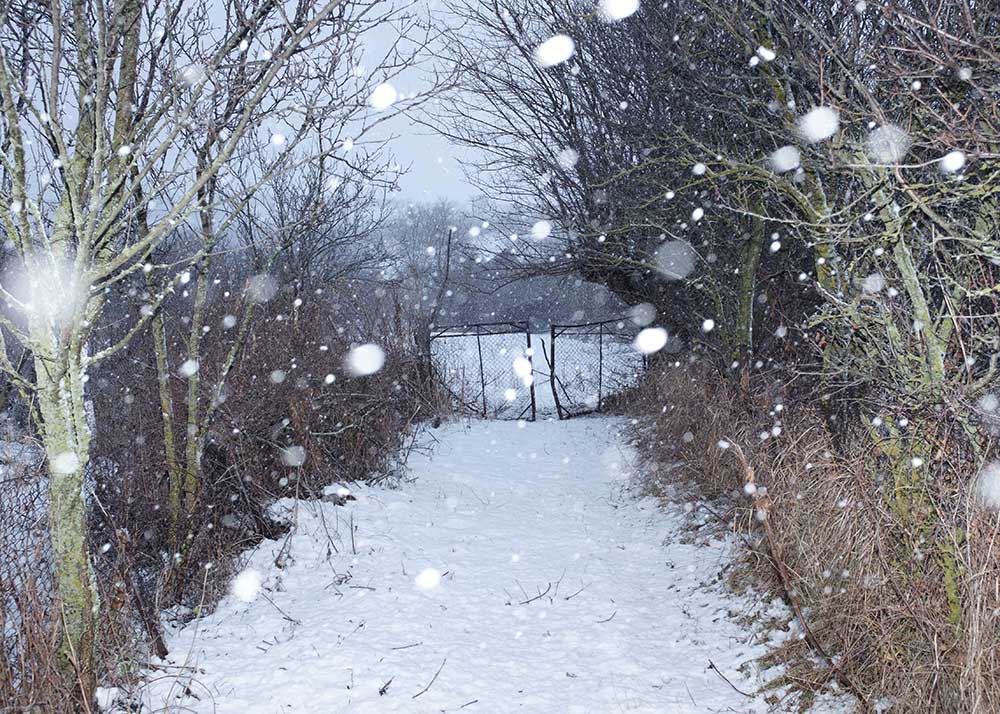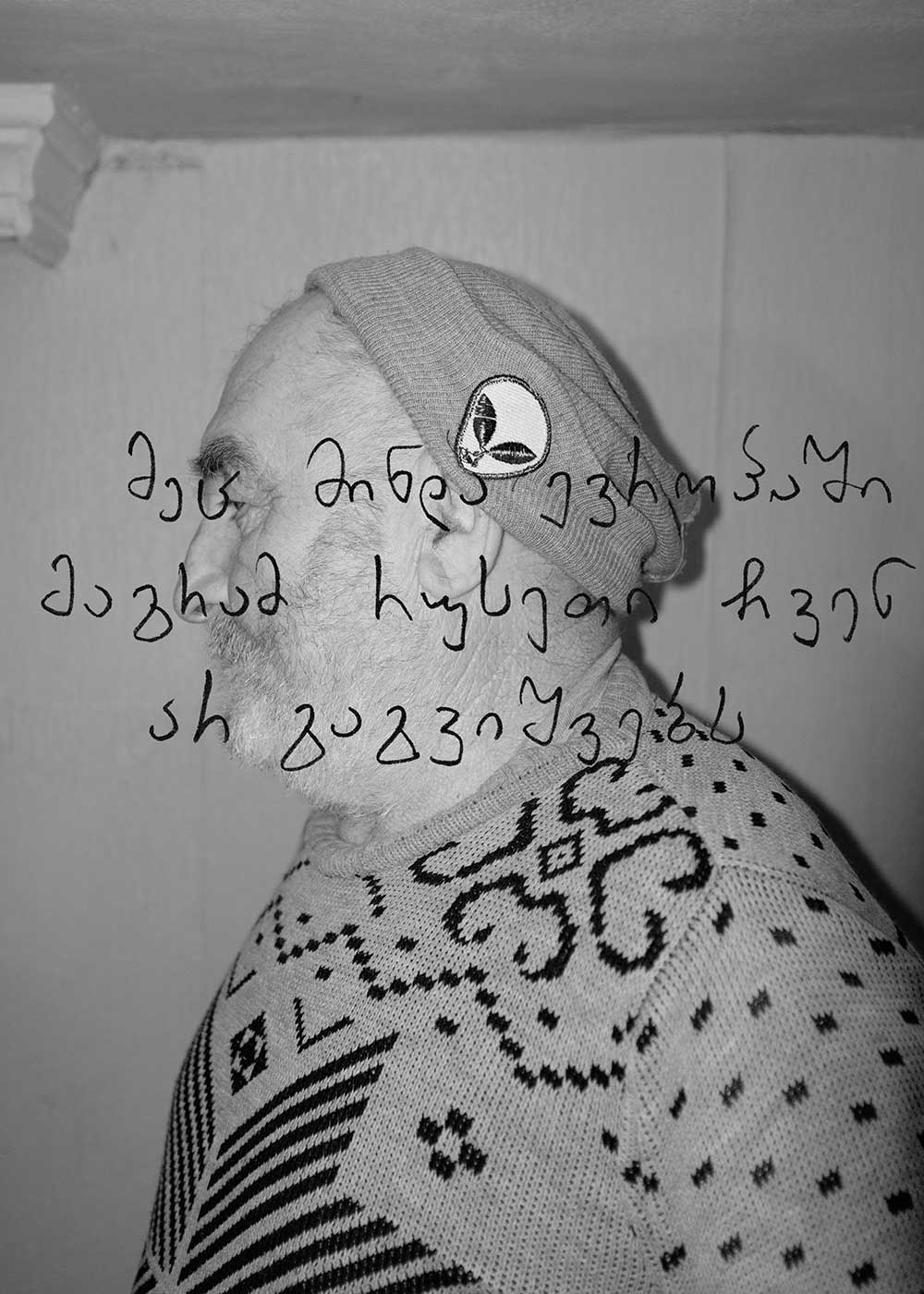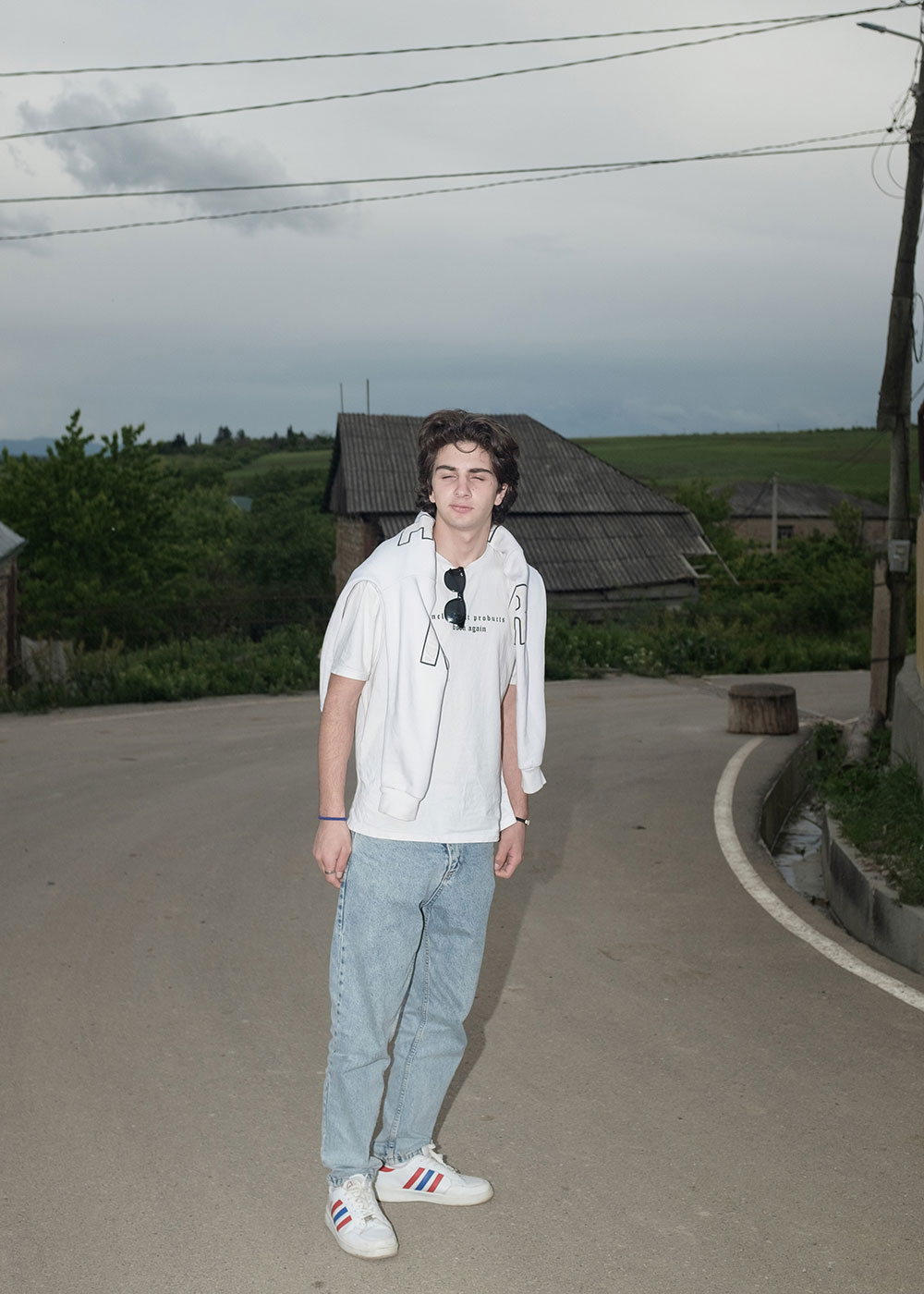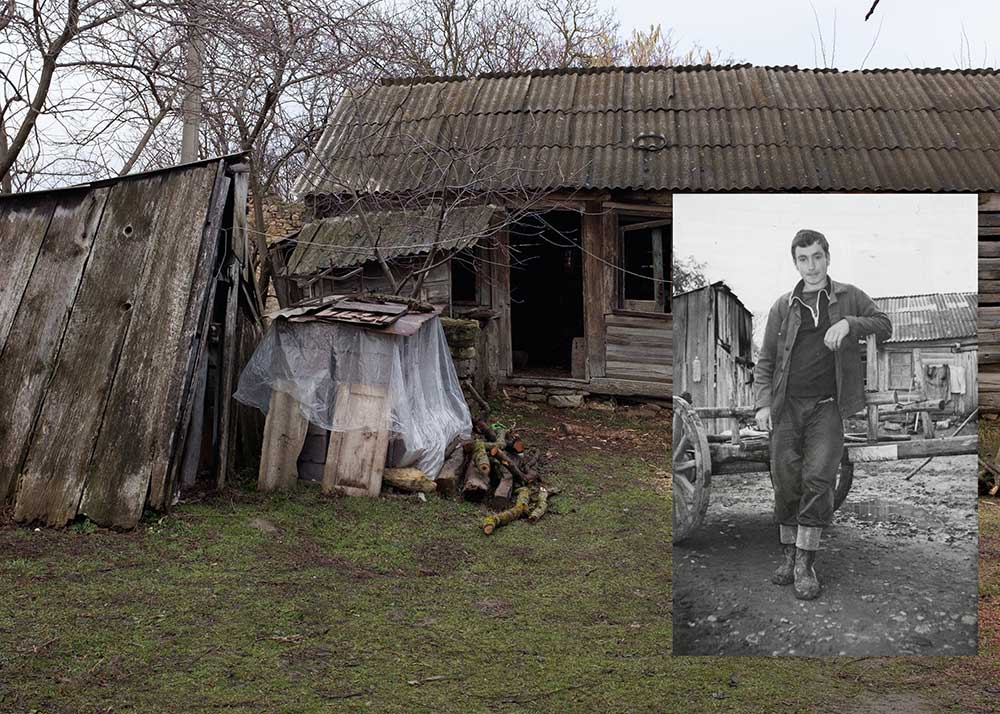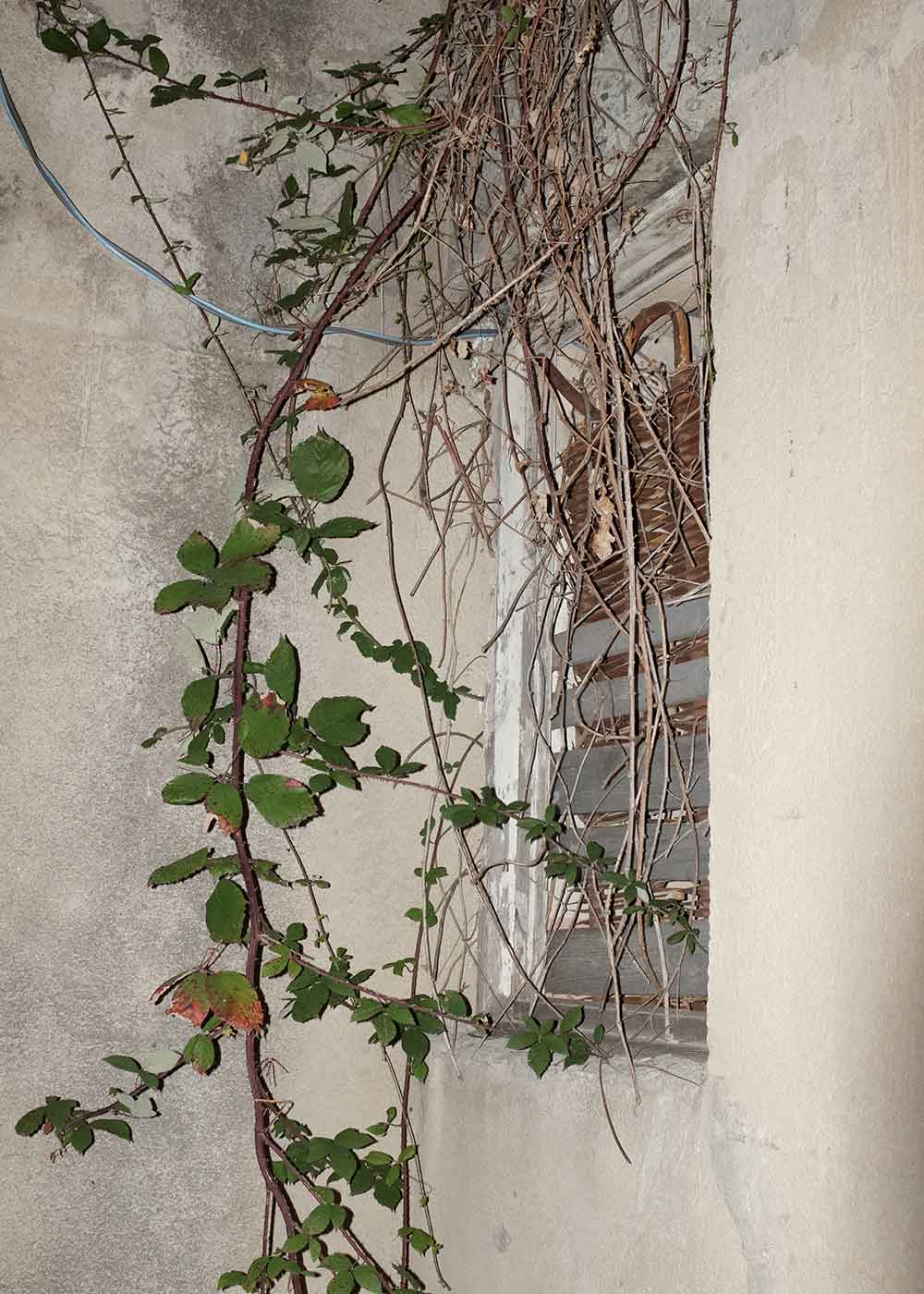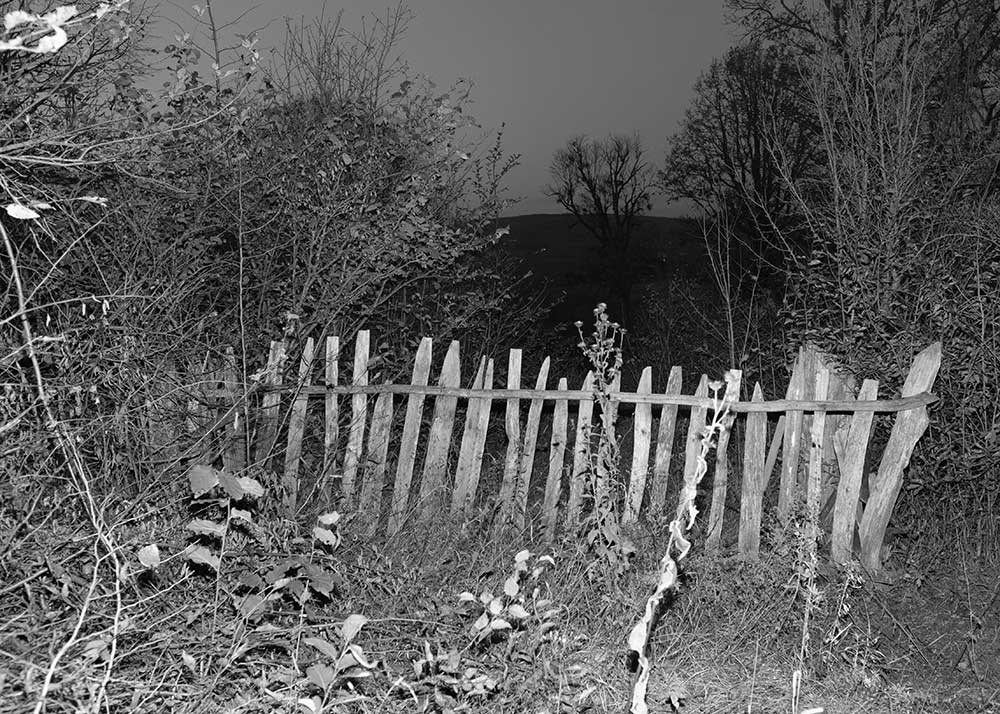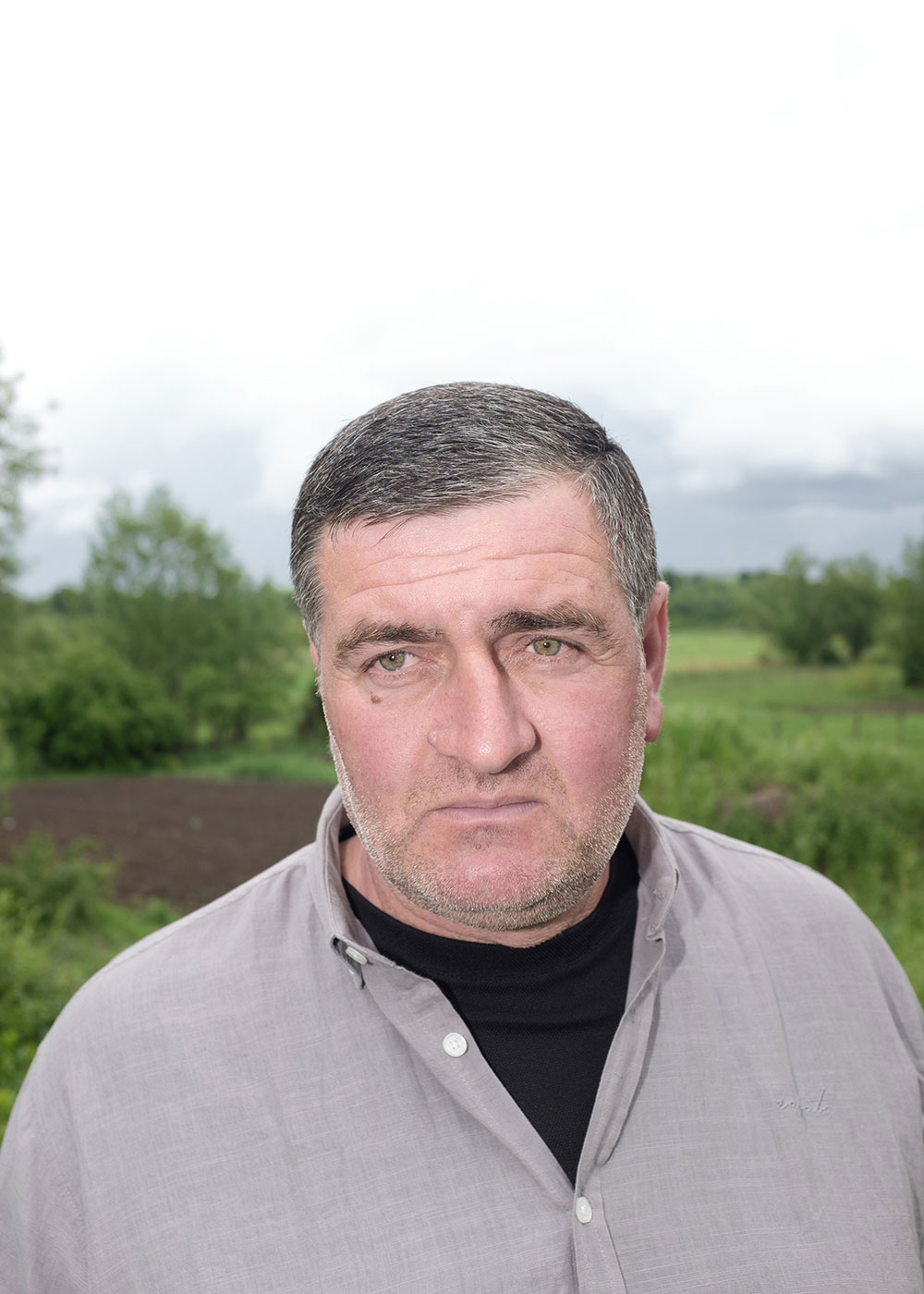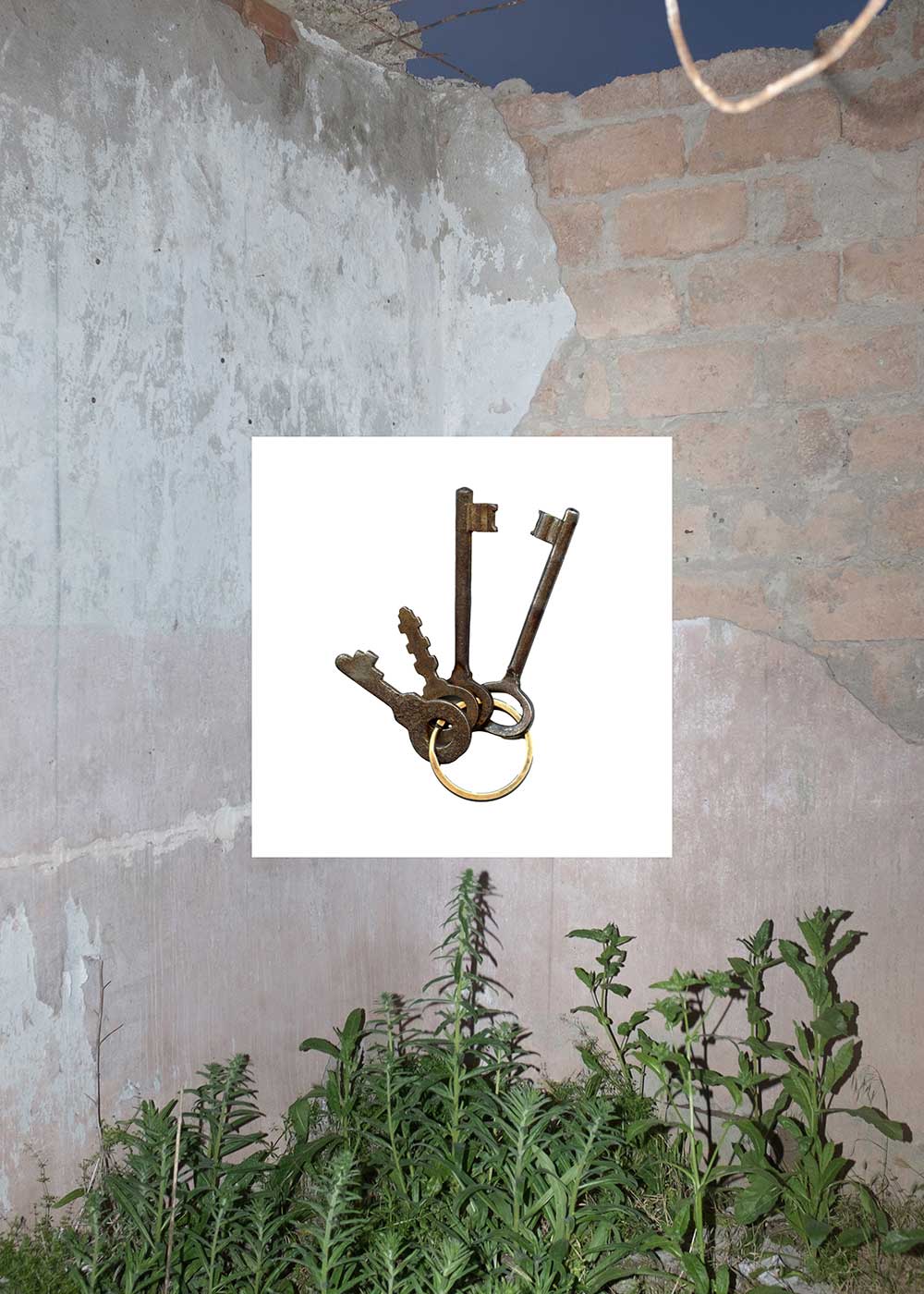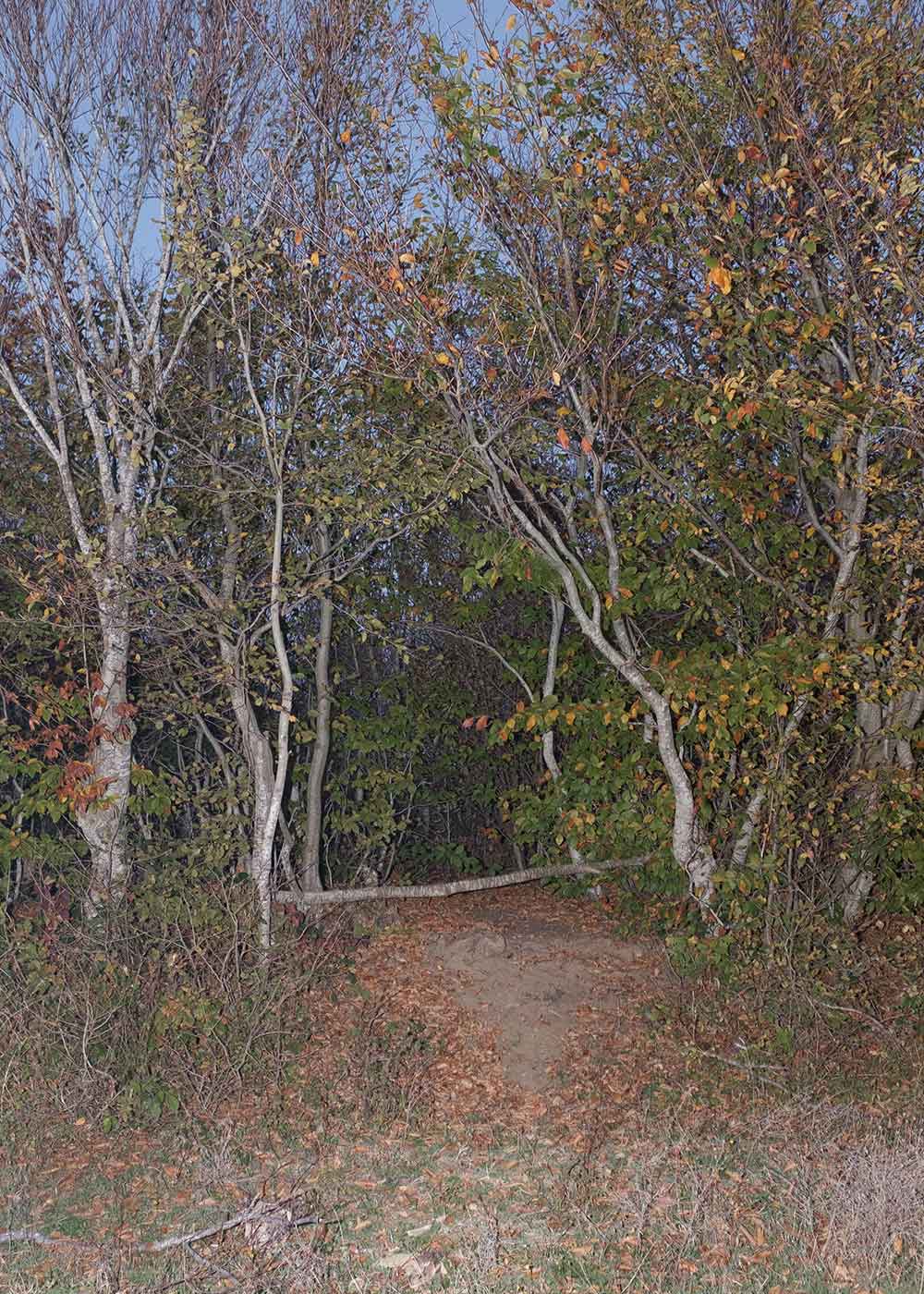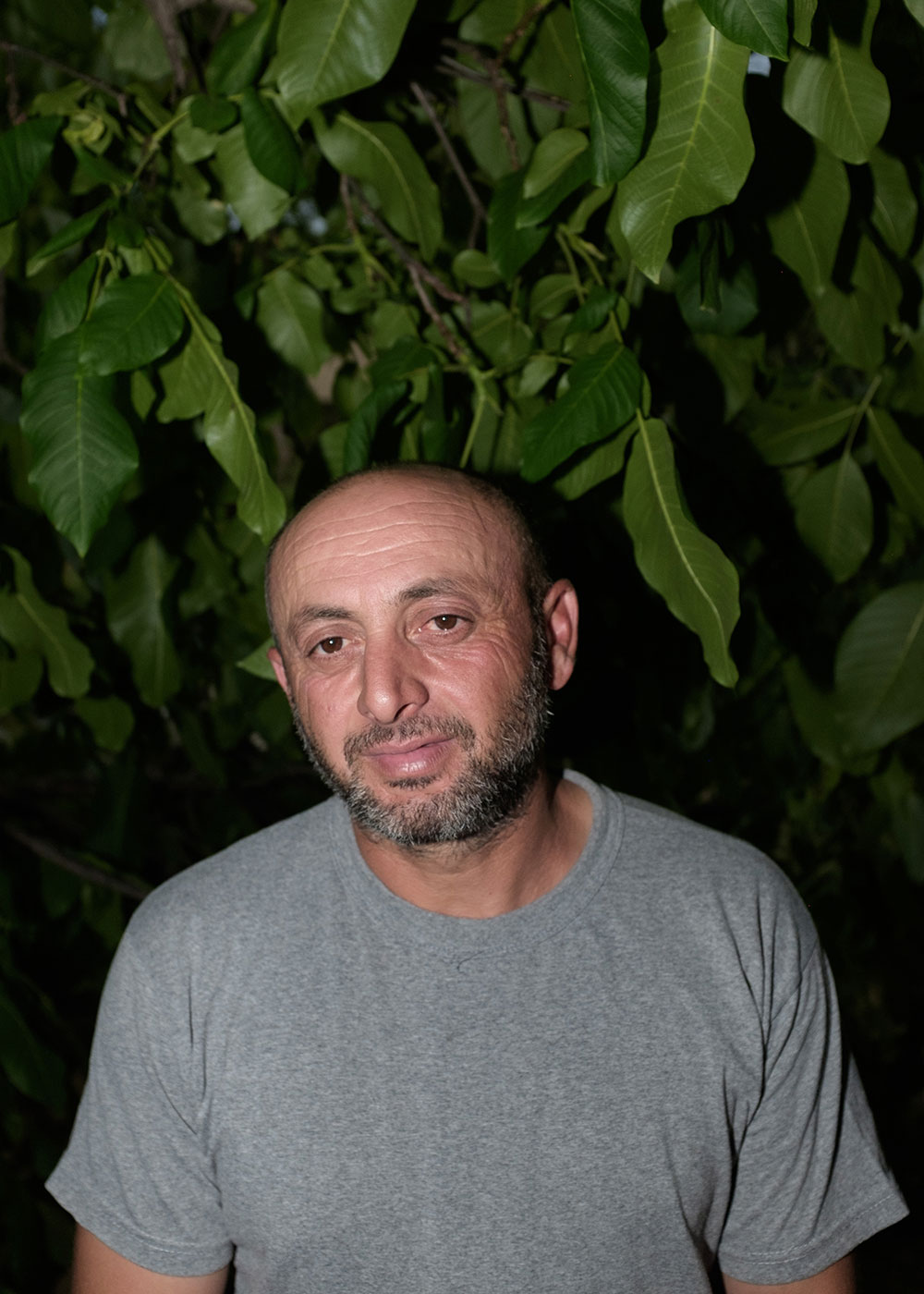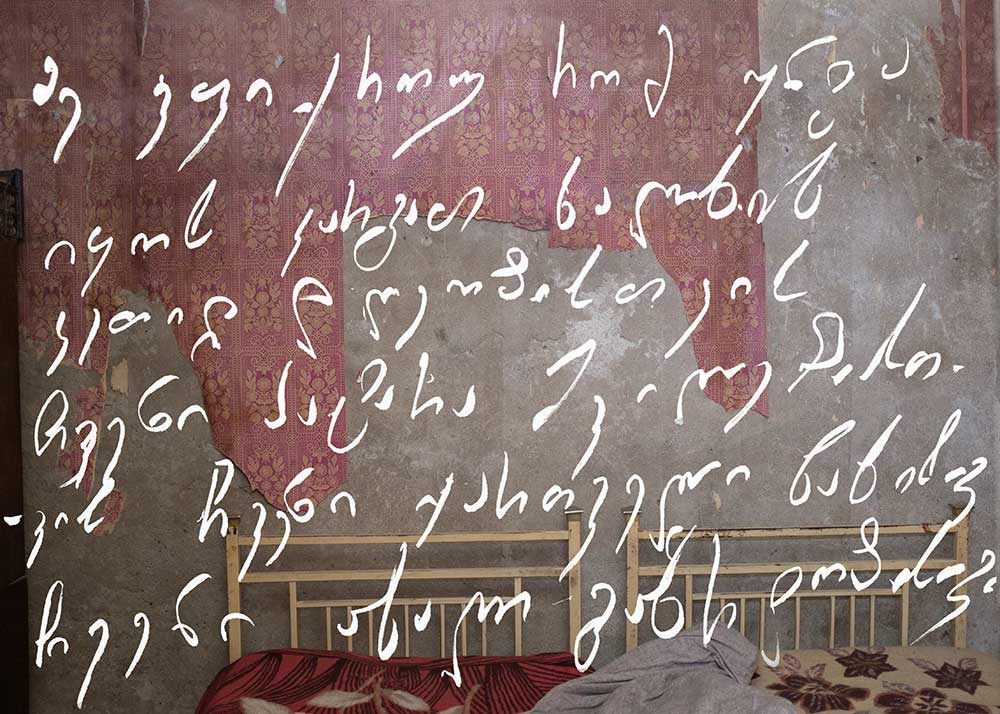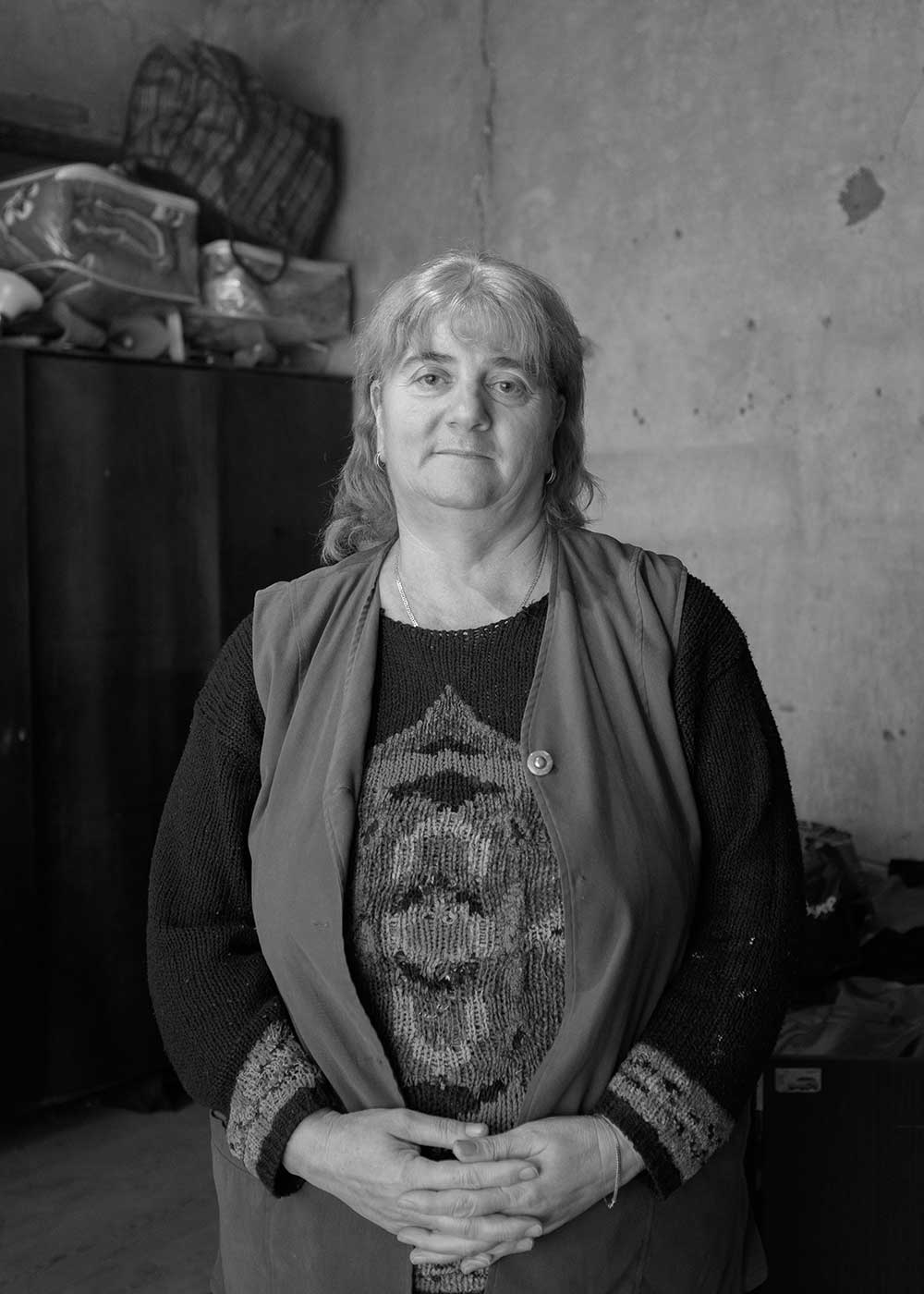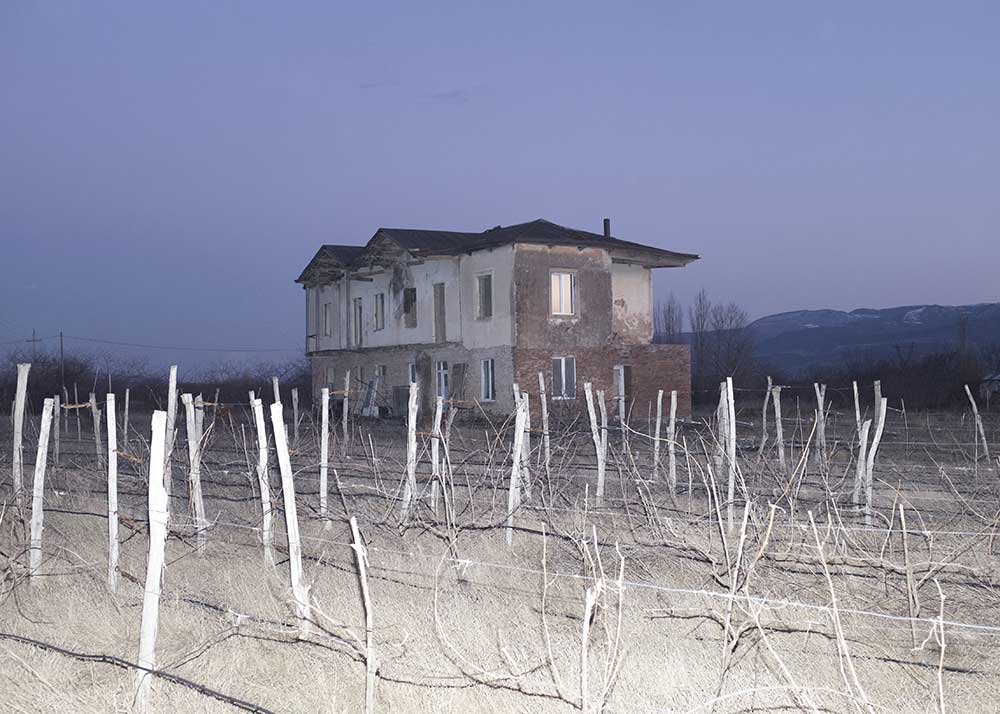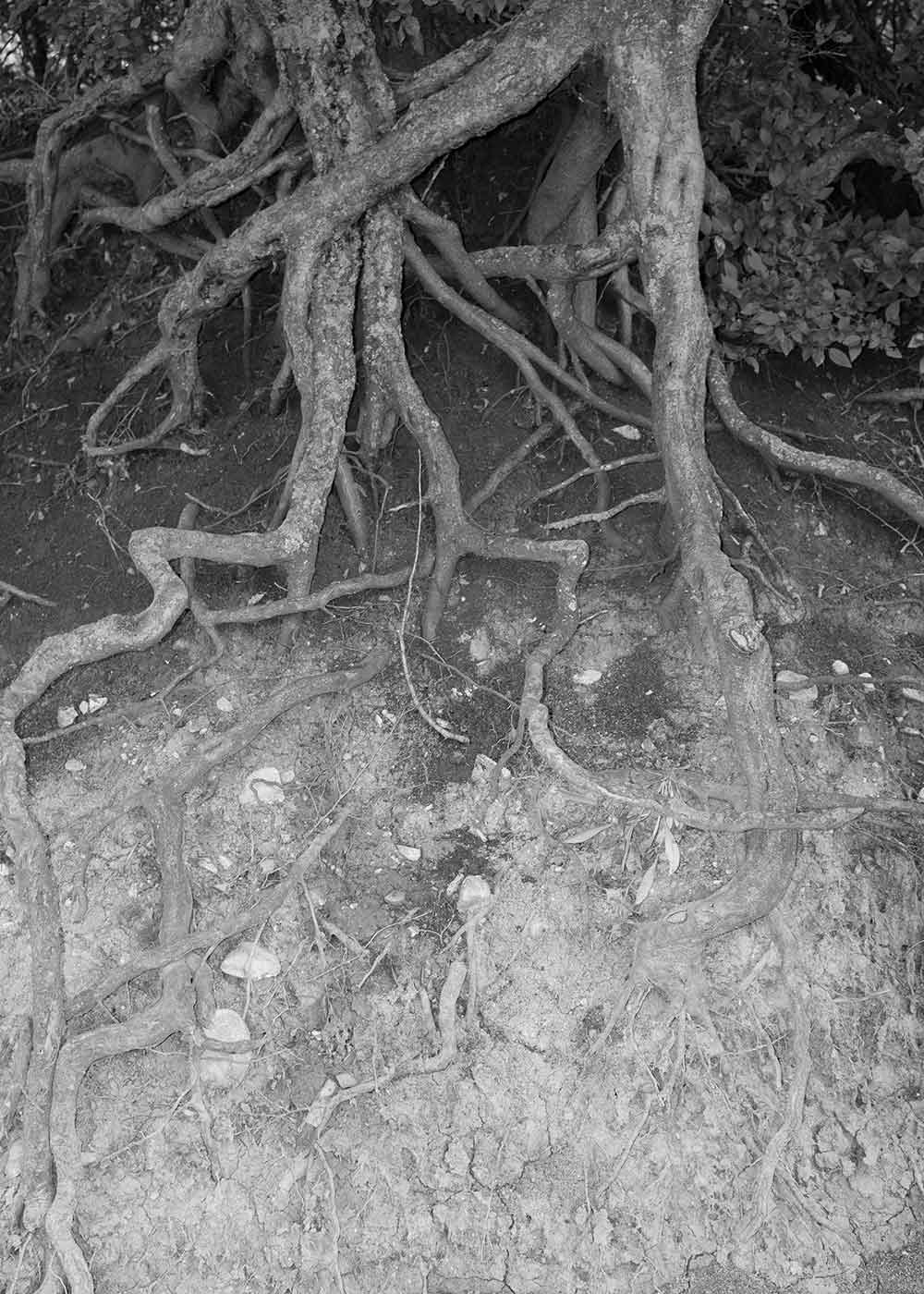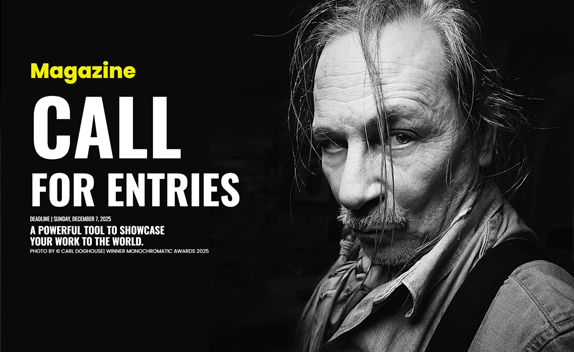The Sorrows of This Field Are Yours. After Russia invaded Ukraine, I moved from Poland to Georgia, another country that had experienced an invasion by Russia in 2008.
Given the circumstances of the past three years, Russian imperialism and aggression toward its neighbors have become deeply personal issues for me. While living in Georgia, I have met many people affected by the Russian invasion.
This experience has driven me to explore the topic of the currently occupied Georgian territories and the realities of life for those living right next to them.
In 2008, Russia invaded Georgia and occupied two of its regions. One of these regions is known as South Ossetia. The line of contact between Georgia and South Ossetia stretches for about four hundred kilometers, with more than ten thousand people living in its immediate vicinity on the Georgian-controlled side. The population of this so-called “Zone of Fear” mostly consists of farmers in small, semi-abandoned villages. After the war, many residents left, but some chose to stay because of their deep connection to the land.
Those living near the line of occupation suffer from the systematic expansion carried out by Russian military authorities. Quite often, the territories seized by Russian border troops are the most precious to the locals: their pastures, churches, and cemeteries. The goal of the occupiers is to make the locals feel disconnected from their roots and intimidated. Since 2008, there have been around four thousand registered cases of illegal detention and imprisonment of Georgian citizens by Russian and South Ossetian authorities.
I spent nearly a year and a half traveling through regions adjacent to the line of occupation and speaking with people for whom detentions by Russian border troops have become part of daily life. My project tells the stories of individuals who were captured by Russian forces near the line of occupation and subsequently held in detention centers and prisons in Tskhinvali. Some of my subjects were arrested only once, while others more than three times. For each of them, life has been divided into “before” and “after” the arrest: a trip to a once-familiar pasture or a visit to a loved one’s grave could result in a new detention and prison term. Some have lost their health due to brutal beatings, and a few have paid with their lives for crossing the line of occupation.
About Andrej Verzola
